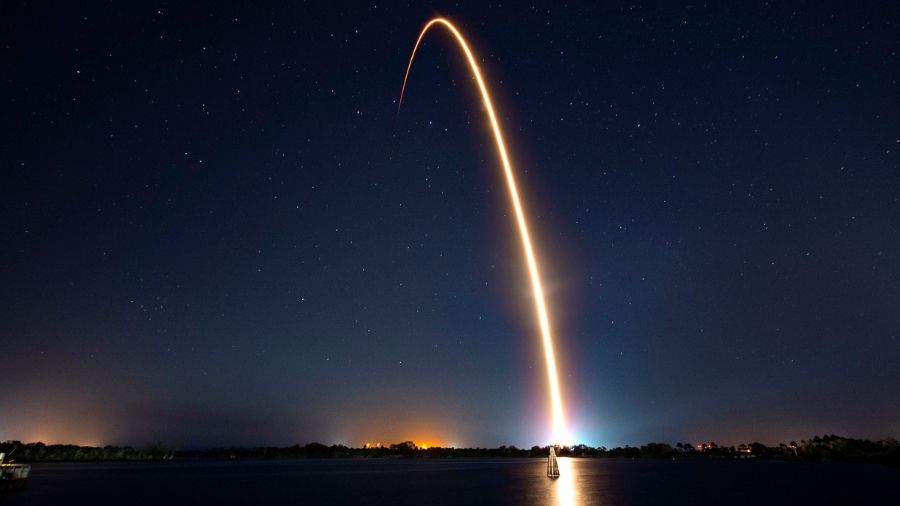SpaceX is big winner at billion dollar US rural broadband funding auction
SpaceX wins $886m to provide rural connectivity

Elon Musk’s SpaceX satellite venture is to receive $886 million in US government funding to expand superfast and ultrafast broadband coverage in unserved parts of the country.
The company was one of the big winners at the ‘Rural Digital Opportunity Fund’ auction, which allocated $9.2 billion to 180 successful bidders who have pledged to enhance connectivity across 49 US states and the Commonwealth of the Northern Mariana Islands (Sorry Alaska).
The auction saw bidders indicate in each round whether they would commit to provide a service at a certain speed and latency at the given amount on offer. The process was technologically neutral and open to new providers, according to the FCC, which add the key criteria was the promised level of performance.
- What is 5G? Everything you need to know
- These are the best business SIM-only deals around today
- And the best business broadband deals
FCC SpaceX
Phase I will see 5.2 million unserved homes and businesses connected to at least 100Mbps broadband, with the “overwhelming majority” receiving gigabit speeds. Successful applicants included cable companies, electric firms, telcos, fixed wireless access (FWA) providers, and satellite firms – including SpaceX.
“I’m thrilled with the incredible success of this auction, which brings welcome news to millions of unconnected rural Americans who for too long have been on the wrong side of the digital divide. They now stand to gain access to high-speed, high-quality broadband service,” said FCC Chairman Ajit Pai.
“We structured this innovative and groundbreaking auction to be technologically neutral and to prioritize bids for high-speed, low-latency offerings. We aimed for maximum leverage of taxpayer dollars and for networks that would meet consumers’ increasing broadband needs, and the results show that our strategy worked. This auction was the single largest step ever taken to bridge the digital divide and is another key success for the Commission in its ongoing commitment to universal service.
SpaceX eventually plans a constellation of 12,000 satellites that can provide superfast internet to anyone on the planet. Satellite internet has traditionally been constrained by the challenges of capacity and latency, but low earth orbit (LEO) technology manages to solve these issues.
Are you a pro? Subscribe to our newsletter
Sign up to the TechRadar Pro newsletter to get all the top news, opinion, features and guidance your business needs to succeed!
So far, SpaceX has launched 900 satellites, but Musk has previously stated that only 800 are required to provide a functional service.
The $6.8 billion not allocated in this phase of the FCC’s programme will rollover to Phase II, which will now allocate $11.2 billion to cover partially served areas and any of the few locations not covered by Phase I.
- Here are the best broadband deals around today
Steve McCaskill is TechRadar Pro's resident mobile industry expert, covering all aspects of the UK and global news, from operators to service providers and everything in between. He is a former editor of Silicon UK and journalist with over a decade's experience in the technology industry, writing about technology, in particular, telecoms, mobile and sports tech, sports, video games and media.